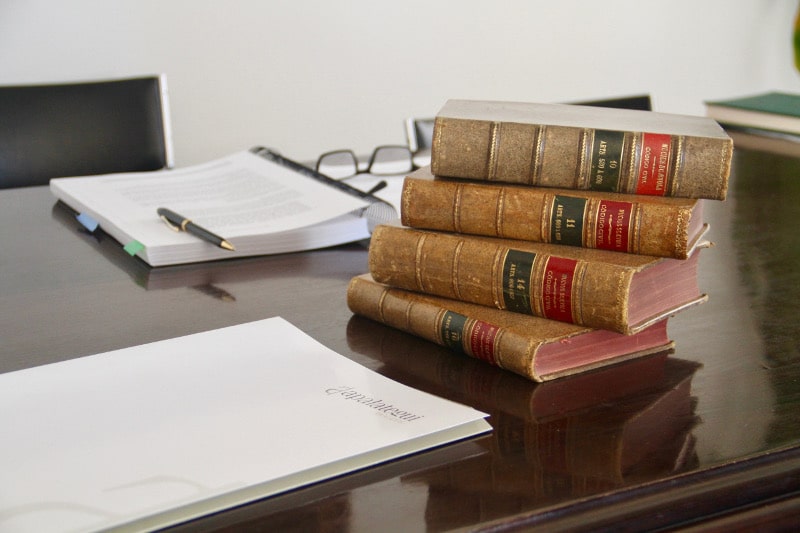The sentence of conformity implies the recognition by the accused of the facts that are the object of the accusation and the conformity with the penalty requested by the accusations, that is why it must be rendered personally by the accused, without it being possible to delegate the conformity in a representative.
Said recognition supposes an irregular termination of the procedure, since with it is possible to avoid the holding of a trial against the accused.
The consent given in a speedy trial will imply a reduction of one third of the sentence requested by the Public Prosecutor’s Office, as long as the prison sentence does not exceed three years; and for the act of conformity to take place in the abbreviated procedure, the penalty may not exceed six years in prison.
The particularity of conformity lies in the fact that the accused renounces his right to the presumption of innocence, recognizing himself as the author of the facts and such acceptance also implies the waiver of appealing the sentence.
If the judgment of conformity is produced by a free and voluntary manifestation of the accused acknowledging the facts, is it possible that an appeal for review be filed against it?
This issue has been resolved by the Supreme Court in its judgment 335/2016, of April 21, in which it determines that the appeal for review is not properly an appeal, but is an autonomous proceeding from the main proceeding whose purpose is aimed at revoking a final conviction, as long as we are faced with any of the assumptions that are included in art. 954 of the Criminal Procedure Law:
“a) When a person has been convicted in a final criminal sentence who has assessed as evidence a document or testimony later declared false, the confession of the defendant extracted by violence or coercion or any other punishable act executed by a third party, provided that such extremes are declared by final judgment in criminal procedure followed for that purpose. The conviction will not be enforceable when the criminal process initiated for this purpose is archived due to prescription, defiance, death of the defendant or any other cause that does not involve a background assessment.
b) When a final criminal sentence has been handed down condemning any of the magistrates or judges involved for the crime of prevarication, by virtue of a resolution relapsed in the process in which the sentence whose revision is intended fell, without which the ruling would have been different.
c) When two final judgments have been handed down on the same fact and accused.
d) When, after the sentence, knowledge of facts or elements of evidence arises, which, had they been provided, would have determined the acquittal or a less serious sentence.
e) When a preliminary ruling has been resolved by a criminal court, a final judgment is subsequently issued by the competent non-criminal court for the resolution of the issue that is contradictory to the criminal sentence.”
Therefore, the reasons that justify the filing of the appeal for review are due to the search for material justice, even above an acknowledgment of facts by the accused, since said assumption of facts could well be proven that it was not due to a reality – in the case of any of the assumptions of article 954 LECrim-, but rather the fear of being sentenced to a higher penalty, abiding by the facts and legal qualification requested by the prosecution, given the possibility of obtaining the reduction of the sentence.

